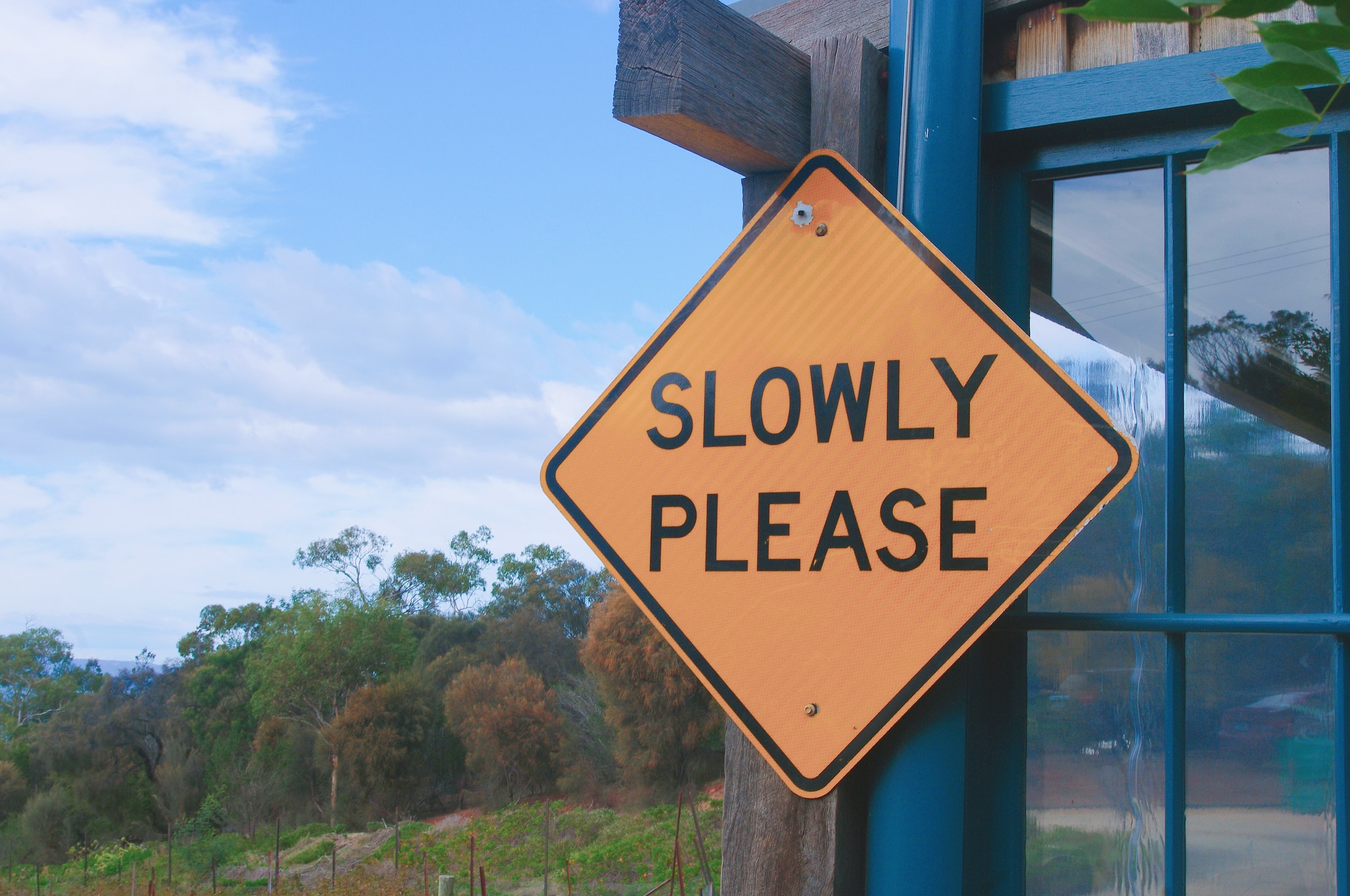British and American variants of the English language are so different indeed, there are phonetic, spelling, grammatical, lexical differences. So, today we will focus on studying the differences in grammar structures and tenses used in both variants. There are just five of them so here we go!
1) Present Perfect
Present Perfect tense can be used if the situation happened in the past but is somehow connected with the present. However, Americans can use also Past Simple in such situations. You can check the examples in the table below.
| British | American |
| I think I know him, I have seen this man before. | I think I know him, I saw this man before. |
| He has lost his phone. | He lost his phone. |
2) Have got
While in the Great Britain "have got" is mainly used, in the USA can be used just "have". The main difference can be seen in negative sentences and questions. Please, check the examples in the table below.
| British | American |
| Have you got a pet? | Do you have a pet? |
| Has he got any time now? | Does he have any time now? |
3) Need
In Great Britain a negative form for need — "needn’t/need not" can be used, while in America it is not used (e.g. We needn’t any help). Now you can check the examples in the table below.
| British | American |
| I needn’t your help. | I don’t need your help. |
| She needn’t to do this again. | She doesn’t need to do this again. |
4) Shall
"Shall" is used for "I/we" instead of "will". It is a bit old-fashioned to use "shall" in such cases, but you can still meet it in Great Britain (And not in the USA). You can check the examples in the table below.
| British | American |
| I think I shall go. | I think I will go. |
| I shall be late! | I will be late! |
5) Adverbs
In British English, adverbs go between the auxiliary verb and the other verb. But in American English it is possible to put the adverb before the auxiliary verb. Please, check the examples in the table below.
| British | American |
| We have already done it by now. | We already have done it by now. |
| She has already gone. | She already has gone. |
In conclusion, as you see, there are several grammatical differences, which you already know about! You are doing great!










Comments (0)